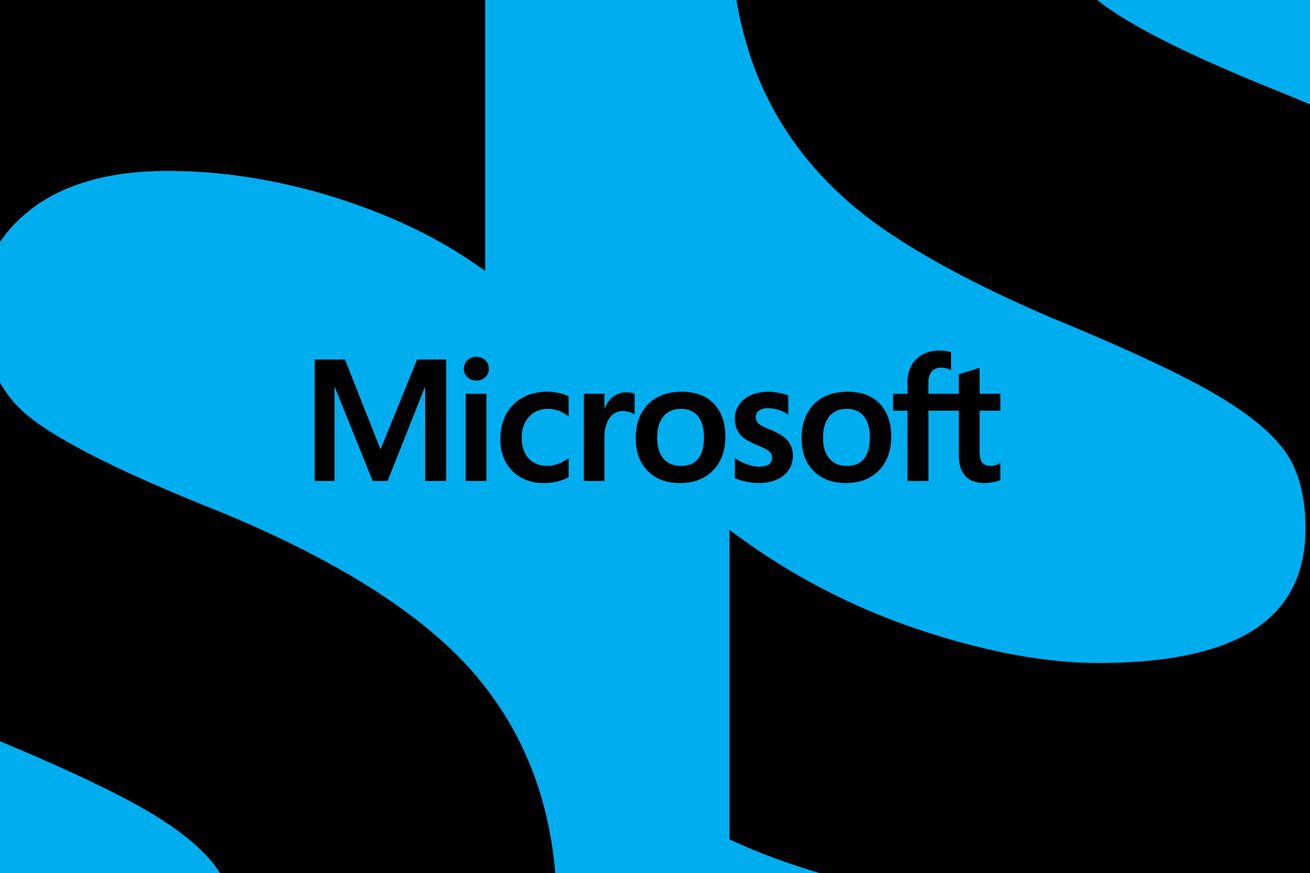
Microsoft and Sony square off in EU showdown over Activision and Call of Duty
Microsoft and Sony’s gaming chiefs are both preparing to meet with EU regulators today in a showdown over Microsoft’s proposed acquisition of Activision Blizzard. The closed-door hearing in Brussels will see Xbox chief Phil Spencer and other senior Microsoft executives argue the case for the $68.7 billion deal to proceed, with PlayStation chief Jim Ryan attending to voice Sony’s concerns over the deal.
It’s a pivotal moment for Microsoft’s proposed acquisition, which has already seen opposition from regulators in the UK and US. The FTC is suing Microsoft to block its Activision Blizzard purchase, while the CMA published its provisional findings of its investigation earlier this month, warning that the deal could harm UK gamers. The CMA has offered up possible remedies that include Microsoft being forced to sell off Activision Blizzard’s business associated with Call of Duty.
Today’s closed-door meeting will feature a stack of executives from Microsoft including president Brad Smith, alongside Activision CEO Bobby Kotick. Reuters reports that representatives from Google, Nvidia, Valve, Electronic Arts, and the European Games Developer Federation will all be present, alongside half a dozen different national competition watchdogs.
Microsoft’s Smith revealed earlier today that the company has now signed a legally binding contract with Nintendo to bring Call of Duty — and potentially other Xbox games — to Nintendo consoles. Smith tweeted the announcement this morning, before a meeting with reporters where he said Microsoft is willing to accept regulatory undertakings to get the deal approved in Europe.
“We’re more than willing, given our strategy, to address the concerns that others have, whether it’s by contracts, like we did with Nintendo this morning, or whether it’s by regulatory undertakings, as we’ve consistently been open to addressing,” said Smith, in a meeting attended by Bloomberg.
Notably absent in Smith’s tweet is any mention of Sony. While Microsoft has offered Sony a similar 10-year commitment on new Call of Duty games, it so far hasn’t accepted the deal. “We are in contact with Microsoft and have no further comment regarding our private negotiations,” said a Sony spokesperson in a statement to the Financial Times earlier this month.
It’s clear the negotiations between Microsoft and Sony have been fraught, particularly after Microsoft’s initial offer to keep Call of Duty on Sony’s consoles for “several more years” beyond an existing marketing deal was described as “inadequate on many levels” by PlayStation CEO Jim Ryan. Sony was planning on keeping details of its negotiations private, according to Ryan. “I hadn’t intended to comment on what I understood to be a private business discussion, but I feel the need to set the record straight because Phil Spencer brought this into the public forum,” said Ryan in a statement in September last year.
In December, Smith claimed that “Sony has emerged as the loudest objector” to the Activision acquisition, and any potential deal on Call of Duty between Microsoft and Sony would only strengthen Microsoft’s case with regulators. Microsoft has also accused Sony of paying developers to keep their content off of its Xbox Game Pass service, while Sony has argued that Microsoft’s Activision Blizzard acquisition could “hurt developers and lead to price rises.”
The European Commission will now need to decide how it handles objections to Microsoft’s deal. It reportedly sent its statement of objections to Microsoft earlier this month, issuing a formal antitrust warning against the software giant. The EU hasn’t published those objections publicly yet, and onlookers are waiting to see if lawmakers in Europe take a similar stance to the UK, with concerns around cloud competition and game exclusivity.
While the CMA is open to behavioral remedies that could involve deals for Call of Duty, it seems to favor structural ones — including a suggestion that involves a partial divestiture of Activision Blizzard in the form of selling off the Call of Duty business. Today’s meeting will highlight the European Commission’s main concerns and any potential remedies Microsoft may need to consider ahead of an April 11th deadline for a final decision.
Microsoft’s defense is bound to single out Sony, and perhaps even Google, as the opposition to this deal, with Microsoft’s allies including Nintendo, Valve, and even the Communications Workers of America union and UNI Global Union. The CWA called on the EU to “seriously consider the positive impact the Microsoft-Activision merger could have on the video game labor market,” and UNI made a similar plea on the eve of this crucial meeting.
Microsoft is still hoping to get this deal closed by the summer with its allies helping to sway regulators. But the European Commission, FTC, and CMA will dictate the timelines now. That doesn’t mean Microsoft isn’t willing to fight this all the way, though. Microsoft’s Brad Smith has already responded to the FTC warning of court action in the US. “While we believe in giving peace a chance, we have complete confidence in our case and welcome the opportunity to present it in court,” said Smith last year.
The outcome of today’s meeting and the EU’s decisions in the coming weeks will undoubtedly shape whether Microsoft will head to court to defend its deal in Europe and beyond.

